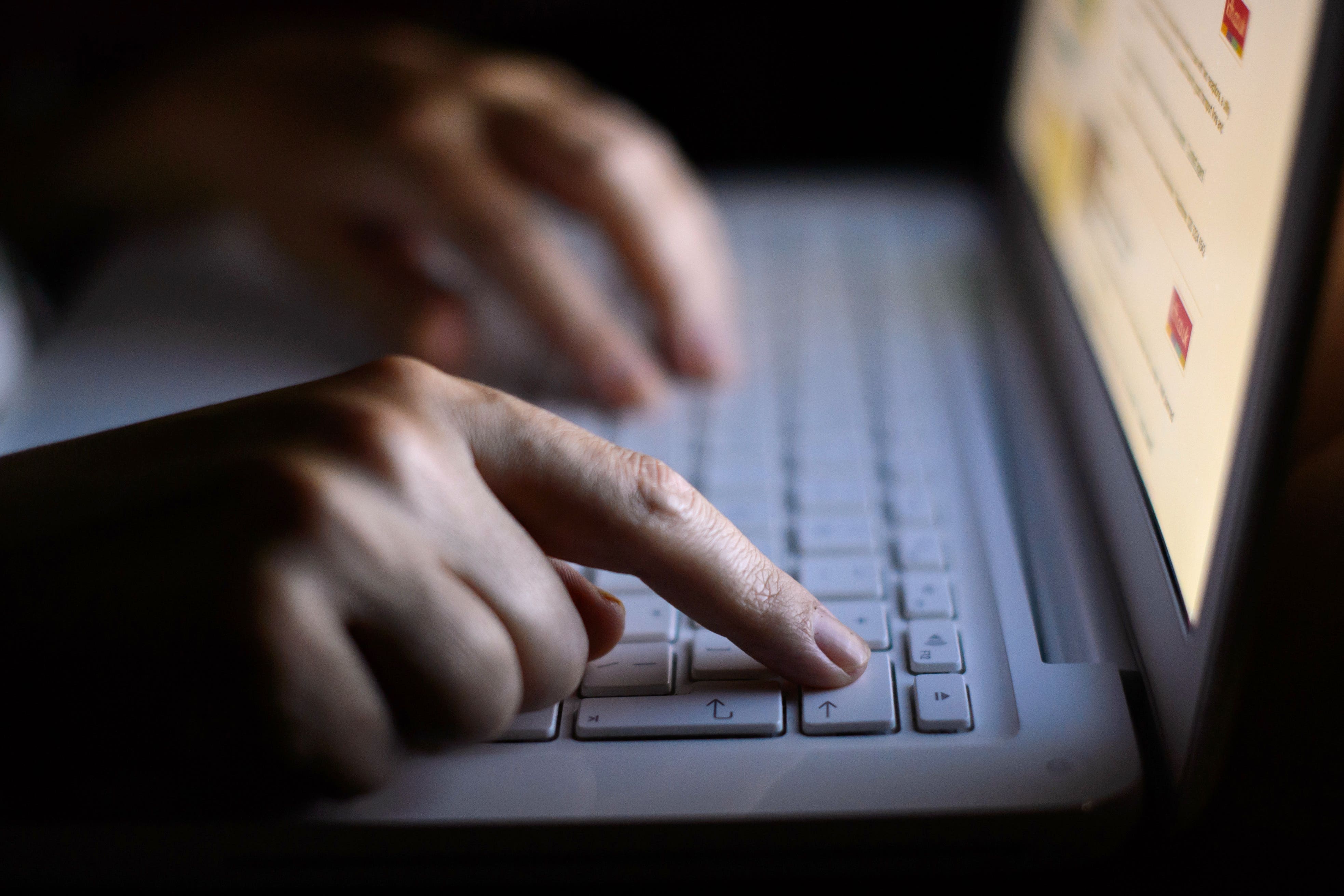UK sanctions members of Russian cybercrime gang that targeted hospitals
The group is accused of infecting millions of computers worldwide with malware.

UK sanctions have been announced against 11 members of a Russian cybercrime gang behind the hacking of hospitals during the coronavirus pandemic.
Britain and the United States acted together to slap the Russian nationals with asset freezes and travel bans, the Foreign, Commonwealth and Development Office (FCDO) said on Thursday.
The so-called TrickBot Group is accused of infecting millions of computers worldwide with malware that targeted hospitals, schools, local authorities and businesses.
Our sanctions show they cannot act with impunity
At least £27 million was extorted from UK victims by the group, and 180 million US dollars (£144 million) globally, according to the National Crime Agency.
Foreign Secretary James Cleverly said that by revealing the identities of those sanctioned, who hid behind online pseudonyms, further ransomware attacks will be disrupted.
They include senior administrator Andrey Zhuykov, and Maksim Khaliullin and Mikhail Tsarev, who recruited new members.
The gang also threatened those who opposed Russia’s invasion of Ukraine, the FCDO said.
Mr Cleverly said: “These cybercriminals thrive off anonymity, moving in the shadows of the internet to cause maximum damage and extort money from their victims.
“Our sanctions show they cannot act with impunity. We know who they are and what they are doing.
“By exposing their identities, we are disrupting their business models and making it harder for them to target our people, our businesses and our institutions.”
The UK and US previously imposed sanctions against seven leading members of TrickBot in February.